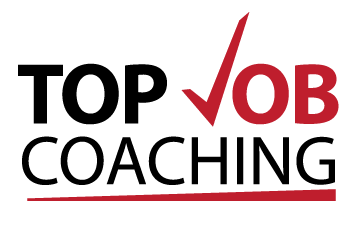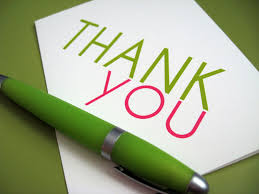A LinkedIn colleague of mine (Joshua Waldman) was conducting research for an article he was writing, and asked for input from his LinkedIn network. Today, I read the finished article, and to my delight, he included a paragraph at the end of the article acknowledging those who contributed to his research…and there was my name, along with a list of 18 others. I’ve shared the link to the article, and here it is again in case you missed it…
https://www.linkedin.com/redirect?url=http%3A%2F%2Fonforb%2Ees%2F1zGyat1&urlhash=WUY5
I’m not sure why I was surprised that this was included, as I’m constantly telling my Diploma of Management students to always credit their sources in any work they do.
It got me thinking about times at work when I, or my teams, have contributed ideas, creative work and long hours to projects, campaigns, product launches (the list goes on) and not received any acknowledgement.
How did it make me (us) feel? Undervalued! Invisible! Unimportant!
Double the effect of these feelings when it seems like someone else has taken the credit for all that hard work and the impressive results!
I can hear people saying “yes…but it was your job to contribute….” And with comments like that, we wonder why people feel disengaged and demotivated, and more likely to be passive at work!
I read in HR and Training publications frequently about re-engaging workforces, retaining valuable employees, and improving productivity through reward and recognition programs. And of course, there’s enough research out there to prove the link now between this and organisational success – take a look at this article by John Bersin about new research on employee recognition.
But reward and recognition programs don’t have to be expensive or complicated. You can start with a simple ‘Thank you’!
In my view – saying Thank You is the foundation stone – a bit like the lowest level on Maslow’s Hierarchy of Needs. While we are all motivated by different things, and sophisticated reward programs have developed to address this, I can’t think of a single person I know who doesn’t like to hear a sincere ‘Thank you’ in recognition of their efforts. All it costs is a bit of time, and for best results, an audience of peers.
So… Thank you, Joshua, for saying ‘Thank You!’


Recent Comments